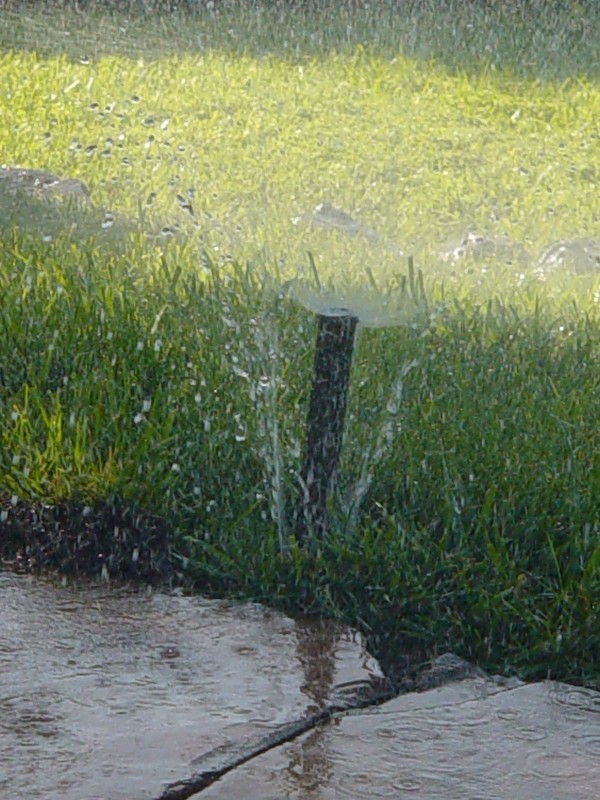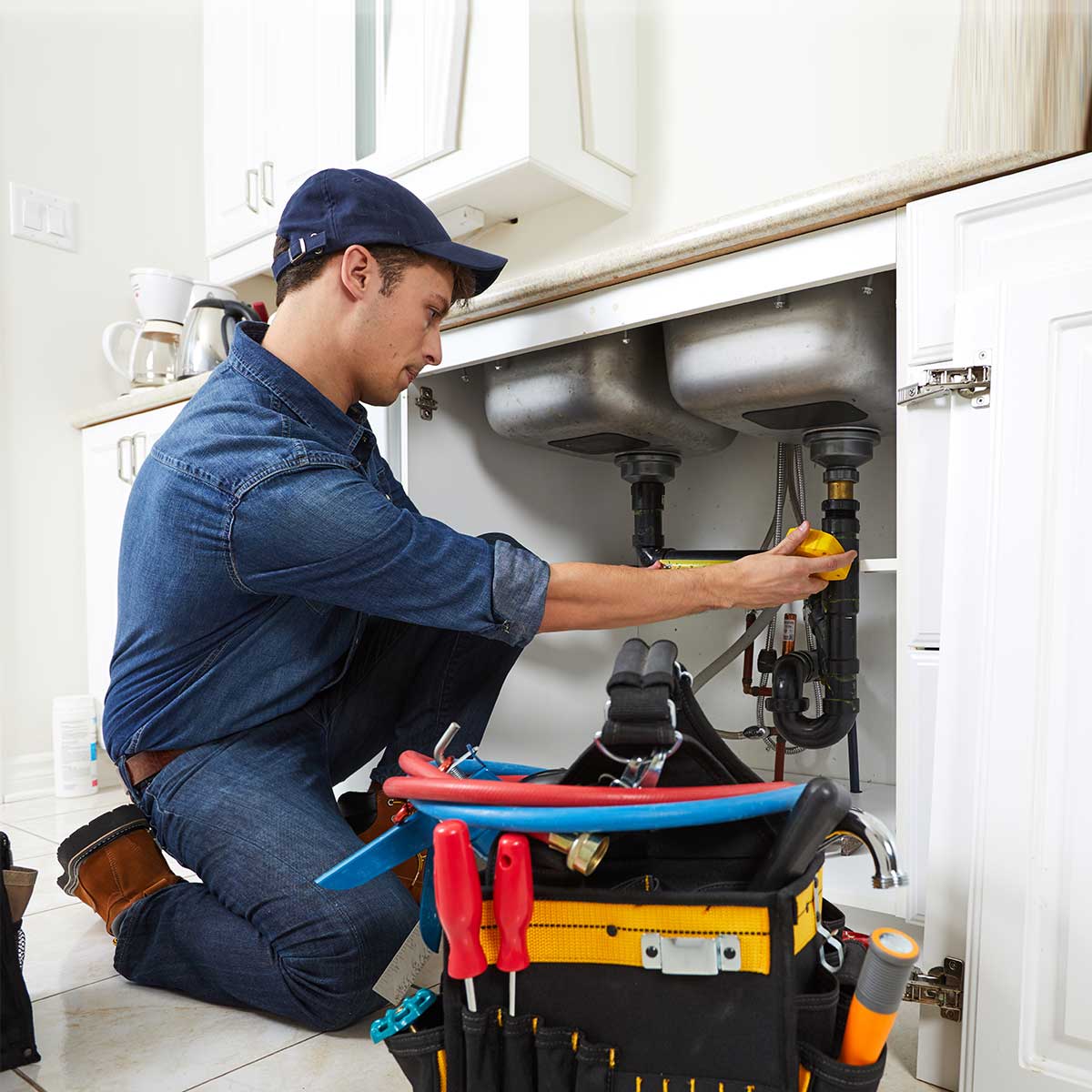Were you searching for information and facts concerning How to Find and Prevent Water Leaks in Your Home?

"Beware of little costs. A little leak will certainly sink a wonderful ship." - Benjamin Franklin.
He couldn't have been much more ideal since water leaks in our homes cause a waste of sources, boosting our water costs. This increase might appear minimal at first, it can lead to significant expenses that can damage your bank. Besides an increase in bills, water leaks also create unwanted organic growth, structural damages, and even electrical threats.
If you have a water leak isn't constantly simple due to being incapable to see many of the pipework in your house, figuring out. Nonetheless, If you have had a rise in your water expenses lately, saw water spots on wall surfaces and also ceilings, smelt poor smell, and so on. You might want to take into consideration asking for plumbing services to get it took a look at.
There are numerous reasons for water leakages, as well as we have compiled the usual reasons listed below. Check to see if you have had relevant issues in your house recently.
Blocked drains pipes
Food fragments, dust, as well as grease can cause stopped up drains pipes as well as obstruct the passage of water in and out of your sink. If undealt with, enhanced pressure within the rain gutters can cause an overflow and end up splitting or bursting pipes. To stay clear of stopped up drains in your house, we suggest you to avoid pouring bits down the tubes and normal cleaning of sinks.
High water stress
You saw your home water pressure is greater than typical however after that, why should you care? It runs out your control.
It would be best if you cared since your typical water stress should be 60 Psi (per square inch) and also although your residence's plumbing system is developed to stand up to 80 Psi. A boost in water pressure can place a pressure on your home pipelines and cause fractures, or worse, burst pipes. Obtain in touch with a professional concerning managing it if you ever before observe that your residence water stress is higher than normal.
Deterioration
As your pipework gets older, it gets weaker and a lot more susceptible to rust after the constant passage of water via them, which can eat away at pipelines and also trigger fractures. A noticeable indicator of rust in your home plumbing system is staining and also although this may be difficult to spot as a result of a lot of pipelines hidden away. We advise doing a constant checkup every couple of years and transform pipelines once they are old to make sure a sound plumbing system
Deteriorated pipeline joints
Pipe joints are the components of our plumbing system where the pipelines connect. It is vital to keep in mind that even though pipes are designed to withstand pressure as well as last for a while, they weren't made to last for life; therefore, they would deteriorate over time. A typical indication of harmed pipe joints is too much noise from faucets.
Damaged seals
One more source of water leakages in residences is broken seals of residence appliances that use water, e.g., a dish washer. When such appliances are set up, seals are set up around water ports for easy passage of water via the device. A broken seal can trigger leakage of water when in usage.
With little or no expertise of plumbing, recognizing your residence's plumbing system adequate to fix several of these concerns (without consequence) can be a trouble. Contact plumbing professionals in Pittsburgh, Providence, Rochester, and also environ today, and also they'll make those concerns go away.
He could not have been a lot more best due to the fact that water leakages in our residences result in a waste of sources, boosting our water bills. If you have had an increase in your water expenses lately, saw water discolorations on wall surfaces and also ceilings, smelt poor odor, etc. A rise in water pressure can put a pressure on your residence pipelines as well as lead to fractures, or worse, ruptured pipelines. An additional cause of water leaks in residences is damaged seals of residence devices that use water, e.g., a dishwasher. When such home appliances are installed, seals are mounted around water adapters for simple flow of water with the machine.
5 TIPS IN DETECTING A WATER LEAK IN YOUR HOUSE
Water leaks can be hard to find in your home, yet they can be so common. We rely on water every day in our home, which is why a leak can cause big problems. By detecting them early, you can save money and further damage, getting the problem fixed as soon as possible. Here are 5 tips to help you detect a water leak in your home, so you can contact a plumber straight away and get the issue sorted.
Check your water meter
Many people underestimate the value of the water meter in their home. It can be one of the best ways to tell if you have a leak early on, so you can get on top of it before issues start arising. Start by turning off all the water in your home: taps, washing machine, dishwasher, etc. Now take a look at the meter – if it’s still changing with everything turned off, it’s likely you have a fast-flowing leak that you need to get on top of straight away. If nothing changes, then leave your meter for an hour or two and come back to it. Did it change in this time? It’s likely you have a slower leak, which isn’t as urgent but still handy to get fixed so it doesn’t become a bigger problem.
Keep an eye on your bill
Another good way to detect a leak in your home is by keeping an eye on your water bill. It helps if you have a past bill from the same period of time. You can compare like for like and determine whether your water usage has increased significantly. If it has, there may be a leak in your system that you haven’t picked up before. A professional plumber can check through all of your pipes and determine where it is coming from.
Look for damage
If you have a leak inside your home, you will notice damage over time. Take a look at your showers and bathtubs and note whether any of the tiles surrounding the area seem to be discoloured or damaged in any way. There may be water stains, mould or peeling material that has resulted from a build up of moisture over time. Make sure you take a look under sinks at the back of cupboards that don’t get accessed regularly. This is where damage can go unnoticed and build up over periods of time.

We were made aware of that report about Where to Find Water Leaks through someone on a different blog. Are you aware of another individual who is excited about the niche? Take a moment to promote it. Thank you for your time. Visit us again soon.
Call now!